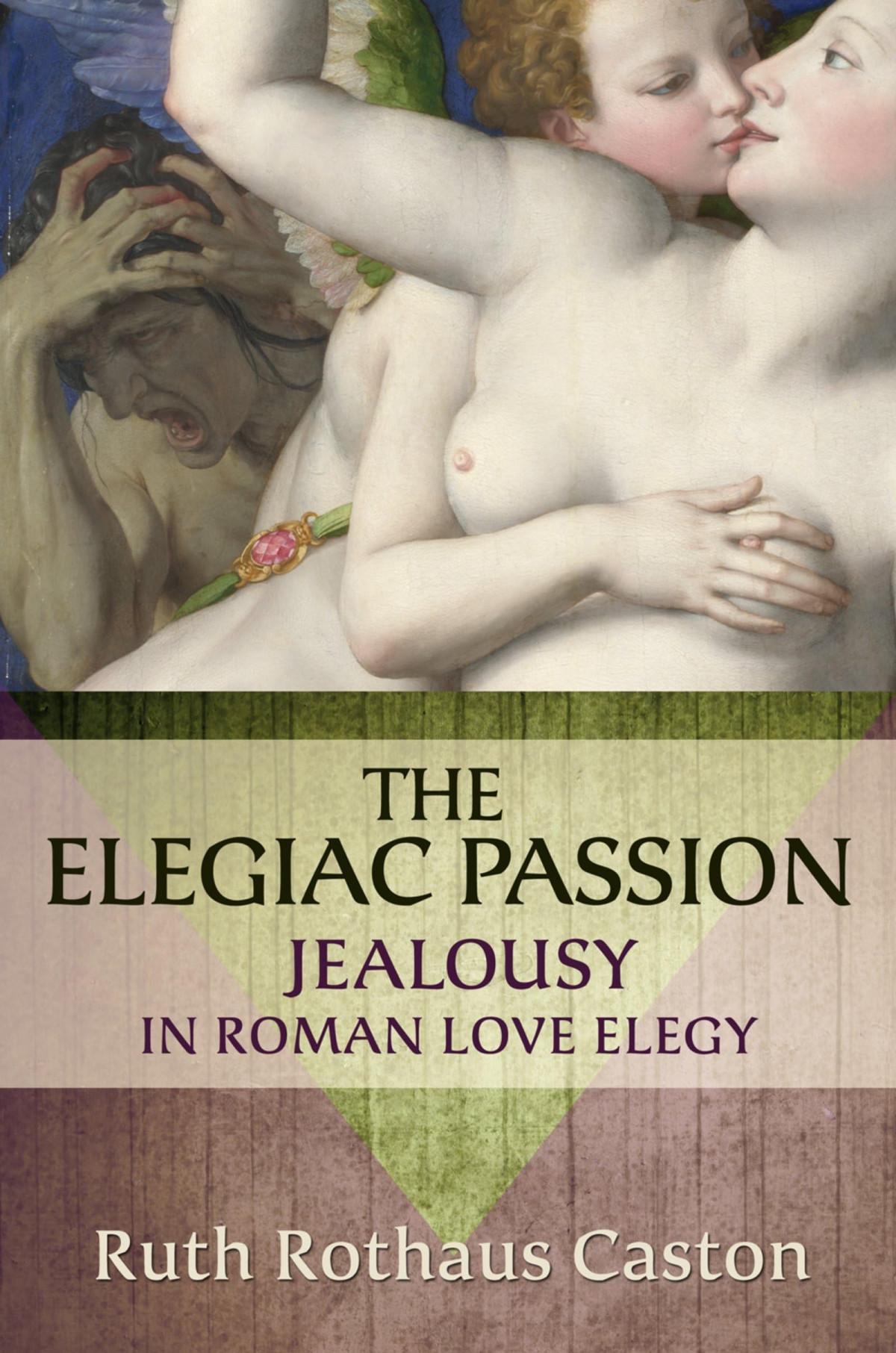

Most ebook files are in PDF format, so you can easily read them using various software such as Foxit Reader or directly on the Google Chrome browser.
Some ebook files are released by publishers in other formats such as .awz, .mobi, .epub, .fb2, etc. You may need to install specific software to read these formats on mobile/PC, such as Calibre.
Please read the tutorial at this link. https://ebooknice.com/page/post?id=faq
We offer FREE conversion to the popular formats you request; however, this may take some time. Therefore, right after payment, please email us, and we will try to provide the service as quickly as possible.
For some exceptional file formats or broken links (if any), please refrain from opening any disputes. Instead, email us first, and we will try to assist within a maximum of 6 hours.
EbookNice Team

Status:
Available4.6
15 reviews
ISBN 10: 0199925909
ISBN 13: 9780199925902
Author: Ruth Rothaus Caston
The passions were a topic of widespread interest in antiquity, as has been shown by the recent interest and research in the emotions in Greek and Roman literature. Until now, however, there has been very little focus on love elegy or its relation to contemporary philosophical positions. Yet Roman love elegy depends crucially upon the passions: without love, anger, jealousy, pity, and fear, elegy could not exist at all. The Elegiac Passion provides the first investigation of the ancient representation of jealousy in its Roman context, as well as its significance for Roman love elegy itself. The poems of Propertius, Tibullus, and Ovid are built upon the presumed existence of a love triangle involving poet, mistress, and rival: the very structure of elegy thus creates an ideal scenario for the arousal of jealousy.This study begins by examining the differences between the elegiac treatment of love and that of philosophy, whether Stoic or Epicurean. Ruth Caston uses the main chapters to address the depiction of jealousy in the love relationship and explores in detail the role of the senses, the role of readers--both those internal and external to the poems--, and the use of violence as a response to jealousy. Elegy provides a multi-faceted perspective on jealousy that gives us details and nuances of the experience of jealousy not found elsewhere in ancient literature. She argues that jealousy turns centrally on the question of fides. The fear of broken obligations and the consequent lack of trust are relevant not only to the love affair that forms the subject of these poems but to many other relationships represented in elegy as well. Overall, she demonstrates that jealousy is not merely the subject matter of elegy: it creates and structures elegy's various generic features. Jealousy thus provides a much more satisfying explanation for the specific character of Roman elegy than the various theories about its origins that have typically been put forward.
1. Rival Authorities: Elegy and Philosophy on Love
THE LOVER’S PLIGHT
THE DIAGNOSIS: LOVE AS ILLNESS
THE ELEGIAC CURE
CONCLUSIONS
2. The Nature of Jealousy
THE SYMPTOMS OF JEALOUSY
Expectations of Fidelity (Propertius 1.3)
Unrestrained Suspicions (Propertius 1.3)
Vehement Reactions (Propertius 3.15)
Jealousy Out in the Open (Ovid Amores 2.7)
Gender and Showing One’s Feelings
WHEN JEALOUSY IS APPROPRIATE (OR NOT)
When Jealousy Is Counterproductive
When Jealousy Is Demanded
CONCLUSIONS
3. The Triggers of Jealousy: Suspicions and Evidence
FEMALE SKEPTICISM
MALE CREDULITY
CONCLUSIONS
4. Responses to Jealousy: Violence and Restraint
FEMALE AGGRESSION
MALE ATTEMPTS AT SELF-CONTROL
LOSS OF SELF-CONTROL
CRIMES OF PASSION
CONCLUSIONS
5. The Lover as Poet: Trust and Distrust of Poets
INTERNAL READERS: LOVE POETS AS RIVALS
Suspicious Monitoring
Boasts and Threats
EXTERNAL READERS: VICARIOUS PARTICIPANTS IN JEALOUSY
Visualization and Identification
Doubts and Suspicions
CONCLUSIONS
6. What Jealousy Is About: Threats to Fides
THE IMPORTANCE OF FIDES
THE RANGE OF FIDES
Civil War (Propertius 1.21 and 1.22)
Family and History (Propertius 2.6)
Rome and the East (Propertius 3.13)
CONCLUSIONS
Conclusion: A Genre Structured by Jealousy
elegiac feelings american
2 elegiac melodies op.34 (grieg edvard)
x the novel pdf
elegy x the dream
the elegance book
Tags: Ruth Rothaus Caston, Elegiac, Passion